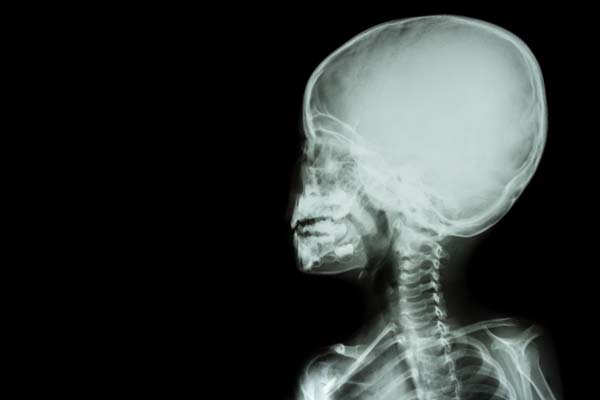Having a child with a nervous system condition can be frightening. Still, with a skilled pediatric neurosurgeon, it is possible to find treatment for many conditions and for children to recover from the condition and hopefully live a normal and productive life. It can be difficult to tell if a child has a nervous system disorder at first. Still, once the signs are recognized, it is important to speak with a family physician and get a referral to a neurosurgeon as soon as possible so that the problem does not get worse.
Signs of nervous system conditions in children
While there is a wide array of nervous system conditions that a child could develop, there are some common signs to look for that will allow parents to get diagnostic tests to determine if it is a nervous system disorder.
The first and most important place to look is the child’s developmental milestones. These form a guideline for how children should be progressing through early childhood. There is some margin for error with these milestones, but if parents find that their child is far away from or completely missing some milestones, it may be a sign of a neurological disorder that needs treatment.
Head size growth compared to age is also an indicator of nervous system conditions. If children are not hitting growth markers, this may indicate a problem that needs to be addressed as soon as possible.
Lack of flexibility, slow reflexes, poor coordination, slow or stiff movements, and muscle rigidity are signs that a child may have a nervous system condition. While some of these conditions are relative to the individual child, having exceedingly poor reflexes or coordination can signify a problem.
How does a pediatric neurosurgeon treat nervous system conditions?
Depending on the specific condition, the neurosurgeon has many ways that they may treat an issue.
For instance, there are cases where a nerve is exposed and causes severe issues for a child. The pediatric neurosurgeon may attempt to treat the condition by finding a way to cover the exposed nerve so that it is not in danger of being damaged or hurt. In other cases, the surgeon may have to deaden an overactive nerve to prevent it from causing problems throughout the body, such as intense pain, muscle spasms, or other issues. They can also remove the nerve tissue and correct issues where a nerve is pinched and therefore not functioning the way it should.
In cases where the nerve is not functioning properly or at all, the surgeon may opt to graft a nerve into the affected area by removing nerve tissue from one area of the body and moving it into the affected area. This can usually lessen the effects of the damage and restore some form of motion and sensation to the affected area.
Reach out to learn more
If you have more questions regarding the treatment for nervous system conditions, then it's important you speak with your doctor. Learning about the options available to you will ensure that an appropriate plan is put in place for your child.
Request an appointment here: https://www.drloudonpediatricneurosurgery.com or call Dr. William G. Loudon, Pediatric Neurosurgery at (714) 677-9463 for an appointment in our Aliso Viejo office.
Check out what others are saying about our services on Yelp: Pediatric Neurosurgeon in Aliso Viejo, CA.
Related Posts
Frequently Asked Questions About Gamma Knife Surgery
Gamma knife is a non-invasive surgical procedure that uses targeted radiation to treat brain tumors, arteriovenous malformations, and other neurological conditions. Unlike traditional surgery, the Gamma Knife does not require incisions, making …
Neurosurgeons For Kids: Frequently Asked Questions
Neurosurgeons for kids provide vital care for children with conditions affecting the brain, spine, or nerves. These highly trained specialists work closely with families and pediatricians to find the best solutions for …
How Laser Surgery is Revolutionizing Pediatric Neurosurgery
Laser surgery stands at the forefront of modern pediatric neurosurgery procedures, offering highly targeted interventions that minimize disruptions to surrounding brain tissue. Pediatric neurosurgery addresses conditions that affect a child's brain, spinal …
General Tips From a Brain Surgeon for Brain Surgery Aftercare
Brain surgery is a complex and delicate procedure. It requires strict aftercare to ensure optimal recovery and few complications. Following the advice of your brain surgeon can help aid your healing process …


